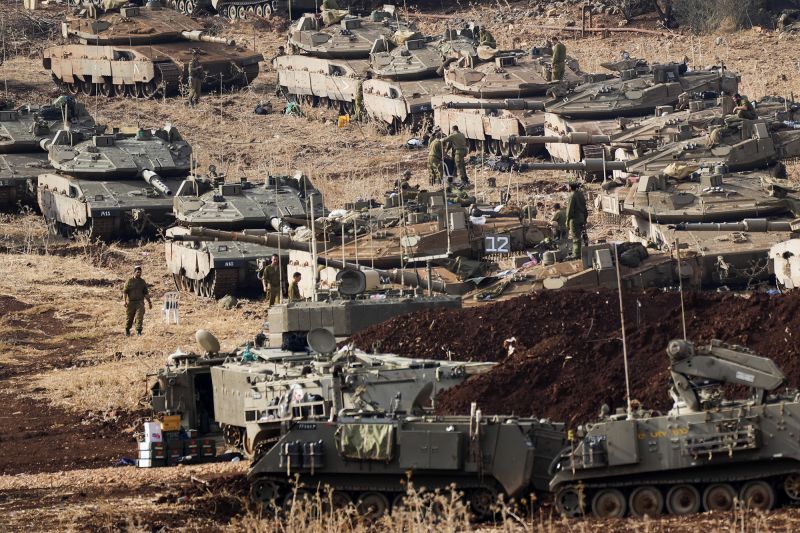
Knowing When to Strike: Israel’s Dilemma with a Weakened Hezbollah
In recent years, the multifaceted conflict in the Middle East has notably shaped the political landscape, particularly when it comes to the dynamics between Israel and Hezbollah. With Hezbollah’s power waning, Israel faces the challenge of determining the appropriate timing to scale back its military engagement in the region. This strategic decision-making process is vital for Israel to maintain stability and security while also avoiding unnecessary conflict escalation and potential repercussions.
First and foremost, understanding the reasons behind Hezbollah’s weakened state is crucial in assessing Israel’s current position. Hezbollah, a militant group based in Lebanon, has traditionally been a significant threat to Israel’s security, with its strong military capabilities and significant influence in the region. However, recent developments, such as economic challenges facing Lebanon and internal divisions within Hezbollah itself, have weakened the organization’s standing. As a result, Israel must consider these changing dynamics when deciding on its future actions.
Moreover, Israel’s challenge lies in the delicate balance between asserting its security interests and avoiding unnecessary provocation. While a weakened Hezbollah may seem like an opportunity for Israel to advance its strategic objectives, it is essential to approach this situation with caution. A premature or overly aggressive response from Israel could potentially reignite tensions in the region and lead to unintended consequences. Therefore, Israel must carefully evaluate the risks and benefits of its actions to maintain a stable and secure environment.
Furthermore, the timing of Israel’s decision to pull back its military engagement in the region is crucial. While it may be tempting to capitalize on Hezbollah’s weakened state, Israel must prioritize long-term stability and security over short-term gains. By proactively monitoring the situation and gauging Hezbollah’s capabilities, Israel can make informed decisions about when to de-escalate its military involvement. This strategic approach will not only benefit Israel’s security interests but also contribute to regional stability and mitigate the risk of wider conflict.
In conclusion, with Hezbollah’s influence on the decline, Israel faces the challenge of determining when to pull back its military engagement in the region. By understanding the reasons behind Hezbollah’s weakened state, carefully balancing security interests with the risk of escalation, and strategically timing its actions, Israel can navigate this complex situation effectively. Ultimately, prioritizing stability and security will be essential for Israel to uphold its strategic objectives and contribute to a peaceful resolution in the Middle East.
